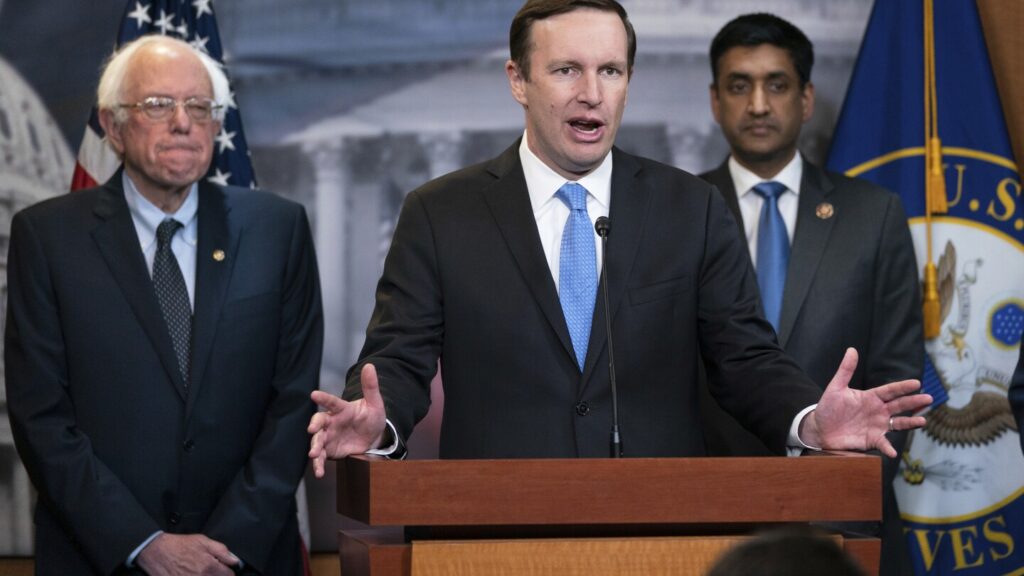Democrats are facing internal divisions regarding their policy towards Iran, even as they had previously united against Iran’s nuclear ambitions. President Trump’s decision to strike Iranian nuclear sites has further polarized the party, with progressives calling for opposition to military intervention, while party leaders advocate for congressional oversight before any use of force. Key Democratic figures like Ken Martin and Sen. Peter Welch expressed concerns about the risks of escalating conflict with Iran.
On one hand, progressive Democrats like Rep. Ro Khanna and Sen. Bernie Sanders are leveraging Trump’s own rhetoric to push for legislative constraints on military action against Iran. They emphasize the importance of prioritizing domestic needs over costly foreign conflicts. Meanwhile, mainstream Democrats, including President Biden and Vice President Harris, have cautiously supported Israel’s actions against Iran but faced criticism for their stance.
The party’s response to the Israel-Iran conflict reflects broader challenges in balancing the interests of an anti-intervention activist base and more traditional Democratic voters. With the 2028 presidential race looming, Democrats are navigating complex political terrain to maintain unity while addressing divergent views on foreign policy and U.S. support for Israel. The party’s stance on the conflict with Iran will likely be a critical factor in shaping its coalition ahead of upcoming elections.

